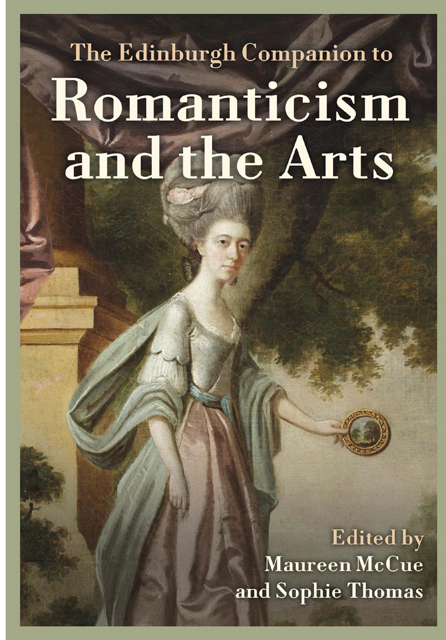5 - Elite and Popular Orientalisms
Published online by Cambridge University Press: 25 April 2023
Summary
The parameters of the British imaginary of the East were significantly expanded in the final third of the eighteenth century, as the Seven Years War (1756–63) and the East India Company’s establishment of sovereign power in Bengal directly or indirectly helped to circulate new and more culturally specific understandings of difference (Watt 2019, 1–2). As Nigel Leask has shown, ‘coterminous with a more systematic exploration and codification of the colonial, contact zone’, a distinctive ‘Romantic exoticism’ began to develop, constituted by ‘new technologies and genres of aesthetic illusionism’, and providing ‘new and “all-embracing” ways of seeing and telling’ (Leask 1998, 170). Topographical paintings, plays performed against spectacular backdrops, and panoramas depicting actual sites or events offered their viewers novel kinds of absorbing, immersive experience in scenes that were at once ‘particularised’ and exotic. This ‘aesthetic of particularism’ (Leask 1998, 176) also characterised many contemporary literary works too. The epic poems of Robert Southey, notably Thalaba the Destroyer (1801) and The Curse of Kehama (1810), demonstrate especially well the overlap between visual and literary techniques of representation, since (according to the Critical Review’s description of Thalaba) they appeared to readers to consist of ‘successive pictures’ in which ‘the personages, like the figures of landscape-painters, are often almost lost in the scene’ (cited in Leask 1998, 184). Other critics likened Southey’s epic poetry to pantomime and panorama as well, often complaining, however, that despite their extensive accompanying footnotes, these poems ‘engrossed’ their audience in ways which were at once disorientating and vulgar (Leask 1998, 184–5).
As well as helping to generate innovative and challenging forms such as the Romantic Orientalist epic (Southey’s Kehama was made possible by the British encounter with Hinduism from around the 1760s onwards), the late eighteenth-century ‘imperial turn’ initiated a diverse range of cultural productions which more overtly responded to Britain’s new position in the world. The absorptive aesthetic of Romantic exoticism stimulated not only greater metropolitan awareness of empire but also vicarious pleasure in Britons’ exploits overseas: one of the most renowned panoramas of the period was Robert Ker Porter’s ‘The Storming of Seringapatam’, depicting the final defeat of Tipu Sultan of Mysore in 1799.
- Type
- Chapter
- Information
- The Edinburgh Companion to Romanticism and the Arts , pp. 95 - 110Publisher: Edinburgh University PressPrint publication year: 2022



